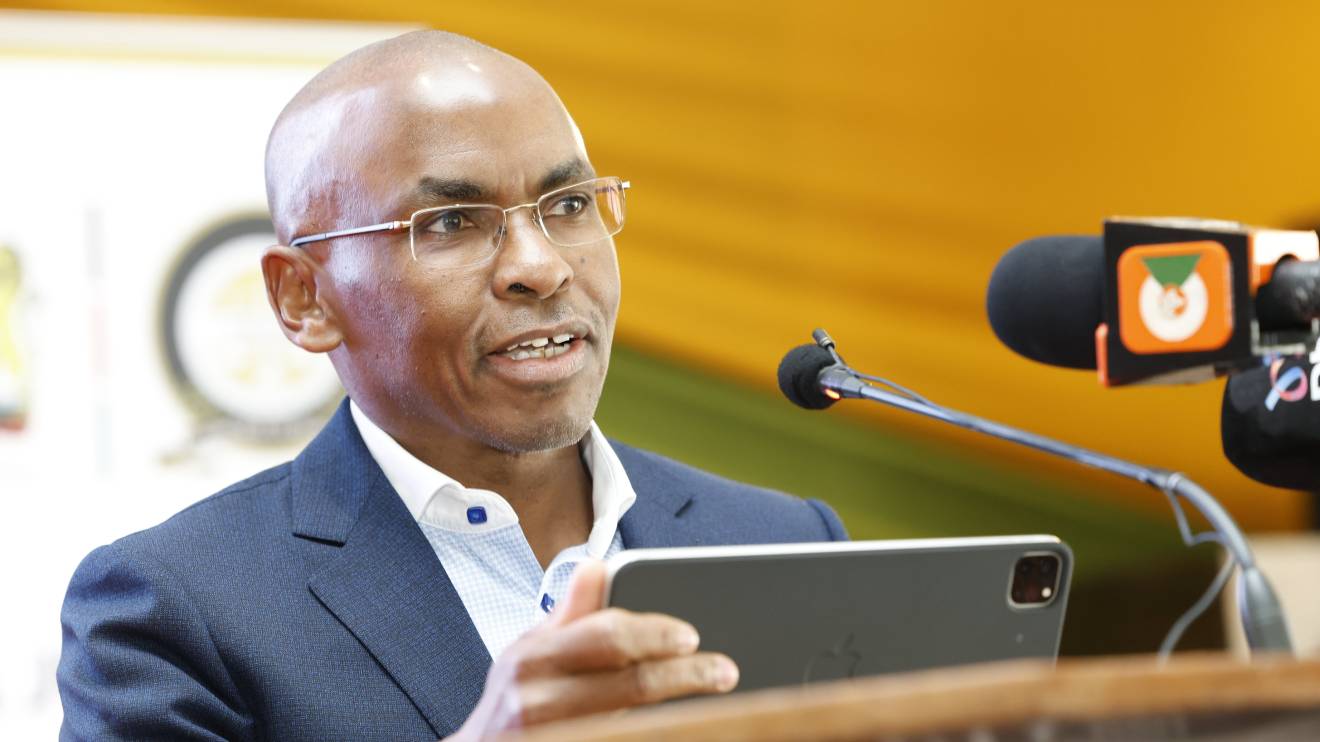Suppliers are pressing the government to move quickly on two fronts: the unsettled bills at the defunct National Hospital Insurance Fund (NHIF) and the widening embezzlement scandal in Kericho County.
The Association of Public Sector General Suppliers (APSGS) said on August 16 that it fully backs Health Cabinet Secretary Aden Duale’s proposal for a full review of NHIF’s pending bills.
The association argued that an independent audit will not only bring clarity to the claims but also protect public money from fictitious or inflated demands.
In its statement, the association outlined the objectives of the audit:
1. Verify the authenticity of claims and weed out fictitious or irregularly accrued bills.
Read More
2. Safeguard public funds by ensuring that only genuine suppliers and service providers are paid.
3. Uphold fairness and accountability by prioritising suppliers who delivered goods and services in accordance with contractual terms.
4. Restore trust and confidence in government procurement processes, ensuring that taxpayers’ money is utilised responsibly.
APSGS warned that delayed payments have pushed many suppliers, particularly small and medium-sized businesses, into financial difficulty.
It insisted that a credible audit would clear the way for settlement of valid debts and ease the strain on suppliers while demonstrating the state’s commitment to good governance.
The association called on oversight bodies, including the Judiciary, the National Treasury, the Auditor-General, and the Ethics and Anti-Corruption Commission (EACC) to fast-track the exercise.
It reminded them that the Public Finance Management Act (2012) and Article 201 of the Constitution of Kenya, 2010 demand prudent use of public resources.
On Monday, APSGS turned its attention to Kericho, where Governor Eric Mutai was impeached over alleged theft of county funds.
The suppliers’ group welcomed the accountability move but argued that the matter could not have been executed by one office alone.
“Such large-scale financial improprieties cannot be executed by a single office-holder without the active involvement, negligence, or collusion of other senior county officials and contractors,” the association said on Monday.
It urged EACC to investigate senior finance officials, procurement officers, and contractors linked to the transactions.
3According to APSGS, any officers under investigation should step aside to “preserve the integrity of the process and prevent interference.”
The lobby stressed that its position is firmly anchored in the Constitution, which enshrines transparency and accountability in public service.
It cited laws including the Public Procurement and Asset Disposal Act (2015), the Leadership and Integrity Act (2012), and the Anti-Corruption and Economic Crimes Act (2003), which hold officials personally liable for misuse of funds and fraudulent procurement.
“Justice demands that all those culpable—whether by commission or omission—face the full force of the law,” APSGS stated, warning that corruption undermines service delivery, distorts fair competition, and creates a hostile business environment for suppliers.
The association reaffirmed its readiness to work with oversight bodies, including EACC, ODPP, the County Assembly, and the Senate to reinforce accountability and safeguard public resources.



-1711488419-1716535895.jpeg)
 (1)-1755468548.jpg)



